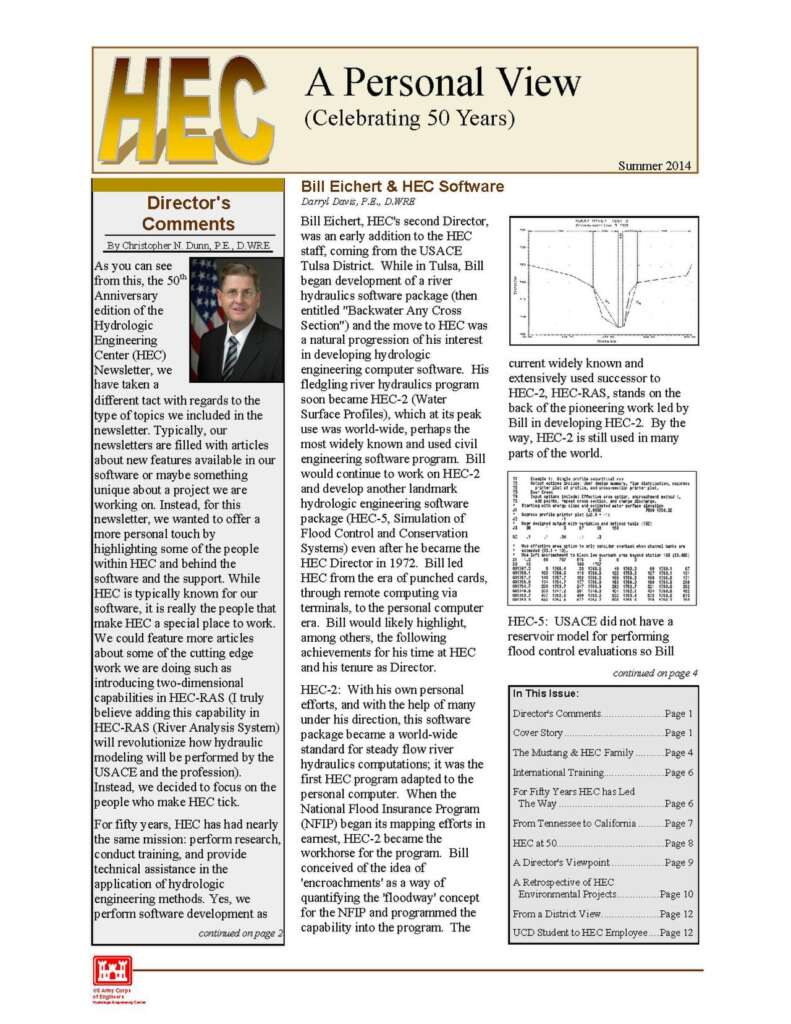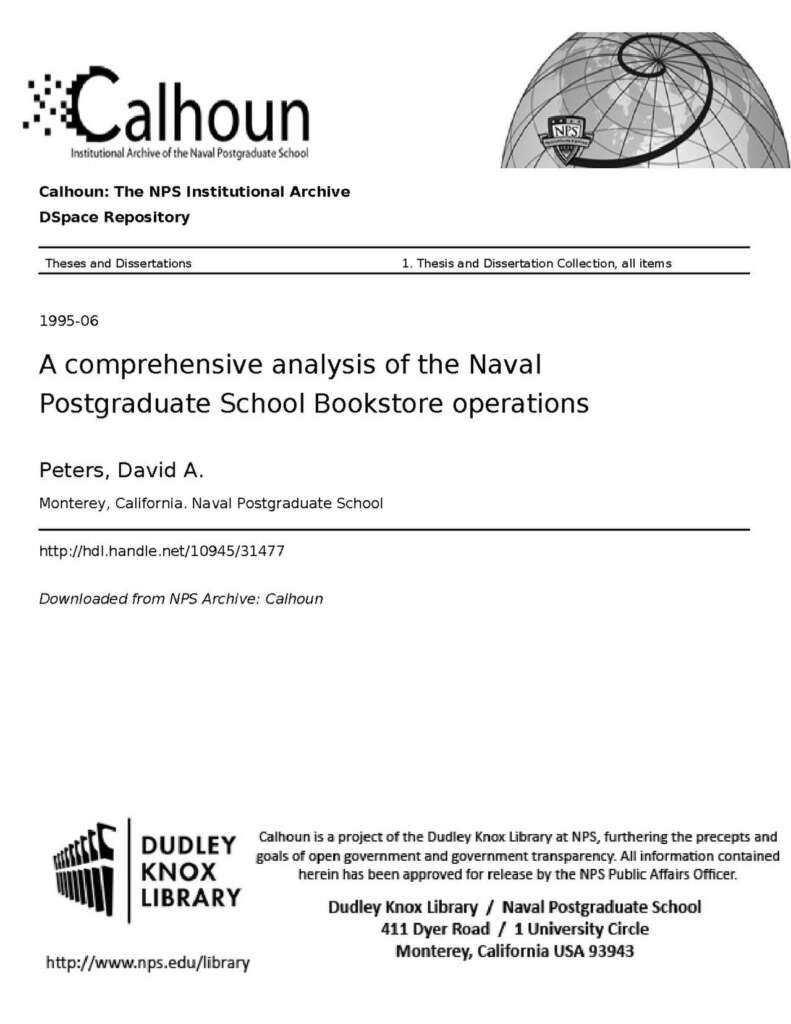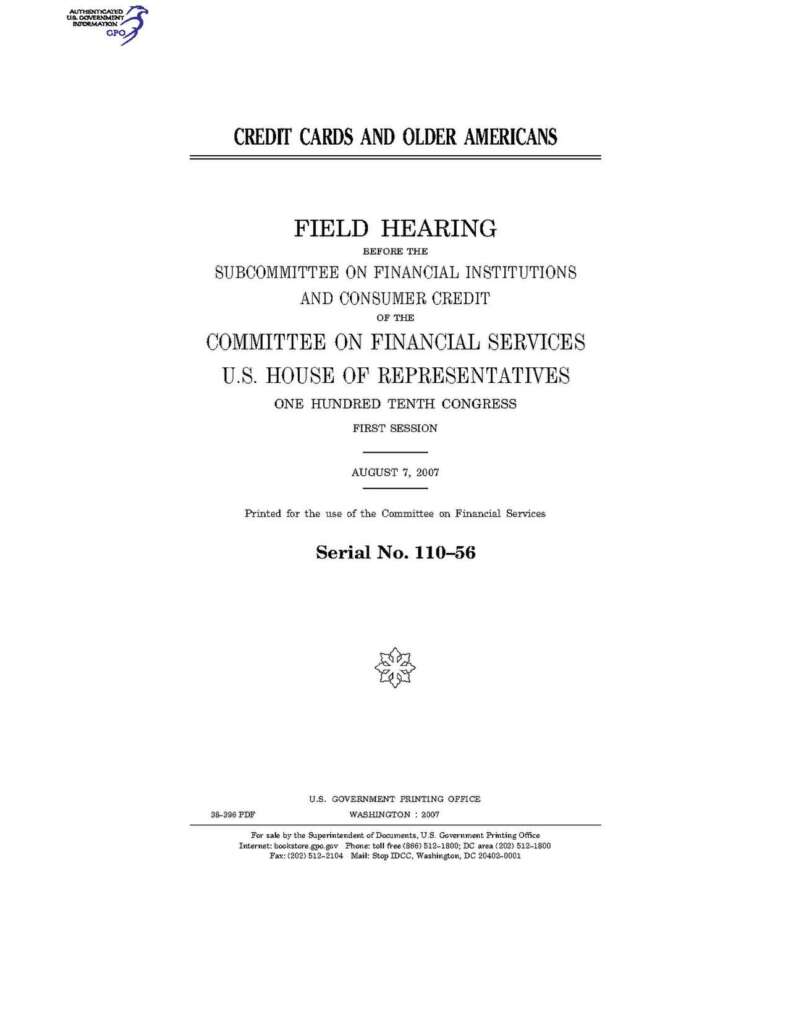Saving
Saving is when you set aside money to use in the future. This can be done in a savings account at a bank or credit union.
You can save money by:
- Crafting and respecting a budget
- Paying yourself first by setting aside money each month
- Investing in quality, long-lasting items instead of disposable ones
- Cutting back on unnecessary spending
- Finding ways to earn extra income
There are many ways to find extra income. Some people may get a second job, start a side hustle, or invest in passive income streams. Others may look for ways to make money from home, such as through online surveys or selling products online.
I Have Money on the Side – Now What?
Some people choose to keep their savings in a checking or savings account to cover unexpected expenses or emergencies. Others may invest their savings in stocks, bonds, or mutual funds to grow their money over time. Some people may also choose to use their savings to purchase a home or pay for their child’s education.
The benefits of saving money
Saving money means having a cushion to cover unexpected expenses, being prepared for retirement, and having money to invest. Savings also give you peace of mind and a sense of financial security.
Saving vs. Paying Off Debt
The answer to this question depends on your individual situation. If you have high-interest debt, it may be wise to focus on paying that off first. If you have a low-interest rate and are able to save money each month, you may want to do both.

Rate Hikes and Savings Accounts
Rate Hikes and Savings Accounts touches everyday decisions Canadians make with their money. This guide explains the idea in plain language, highlights the trade‑offs, and gives you a simple path to action without jargon. The goal is to upgrade results without adding complexity. You’ll see when this matters, what to turn on or off at

Household Net Worth Tracking
Household Net Worth Tracking touches everyday decisions Canadians make with their money. This guide explains the idea in plain language, highlights the trade‑offs, and gives you a simple path to action without jargon. The goal is to upgrade results without adding complexity. You’ll see when this matters, what to turn on or off at your

Cash Advances
Cash Advances touches everyday decisions Canadians make with their money. This guide explains the idea in plain language, highlights the trade‑offs, and gives you a simple path to action without jargon. The goal is to upgrade results without adding complexity. You’ll see when this matters, what to turn on or off at your bank or

Currency Conversion Fees on Cards
Currency Conversion Fees on Cards touches everyday decisions Canadians make with their money. This guide explains the idea in plain language, highlights the trade‑offs, and gives you a simple path to action without jargon. The goal is to upgrade results without adding complexity. You’ll see when this matters, what to turn on or off at

Chargebacks vs. Refunds
Chargebacks vs. Refunds touches everyday decisions Canadians make with their money. This guide explains the idea in plain language, highlights the trade‑offs, and gives you a simple path to action without jargon. The goal is to upgrade results without adding complexity. You’ll see when this matters, what to turn on or off at your bank

Credit Card Insurance
The goal is to upgrade results without adding complexity. You’ll see when this matters, what to turn on or off at your bank or broker, and the small habits that compound over time. Credit Card Insurance touches everyday decisions Canadians make with their money. This guide explains the idea in plain language, highlights the trade‑offs,
